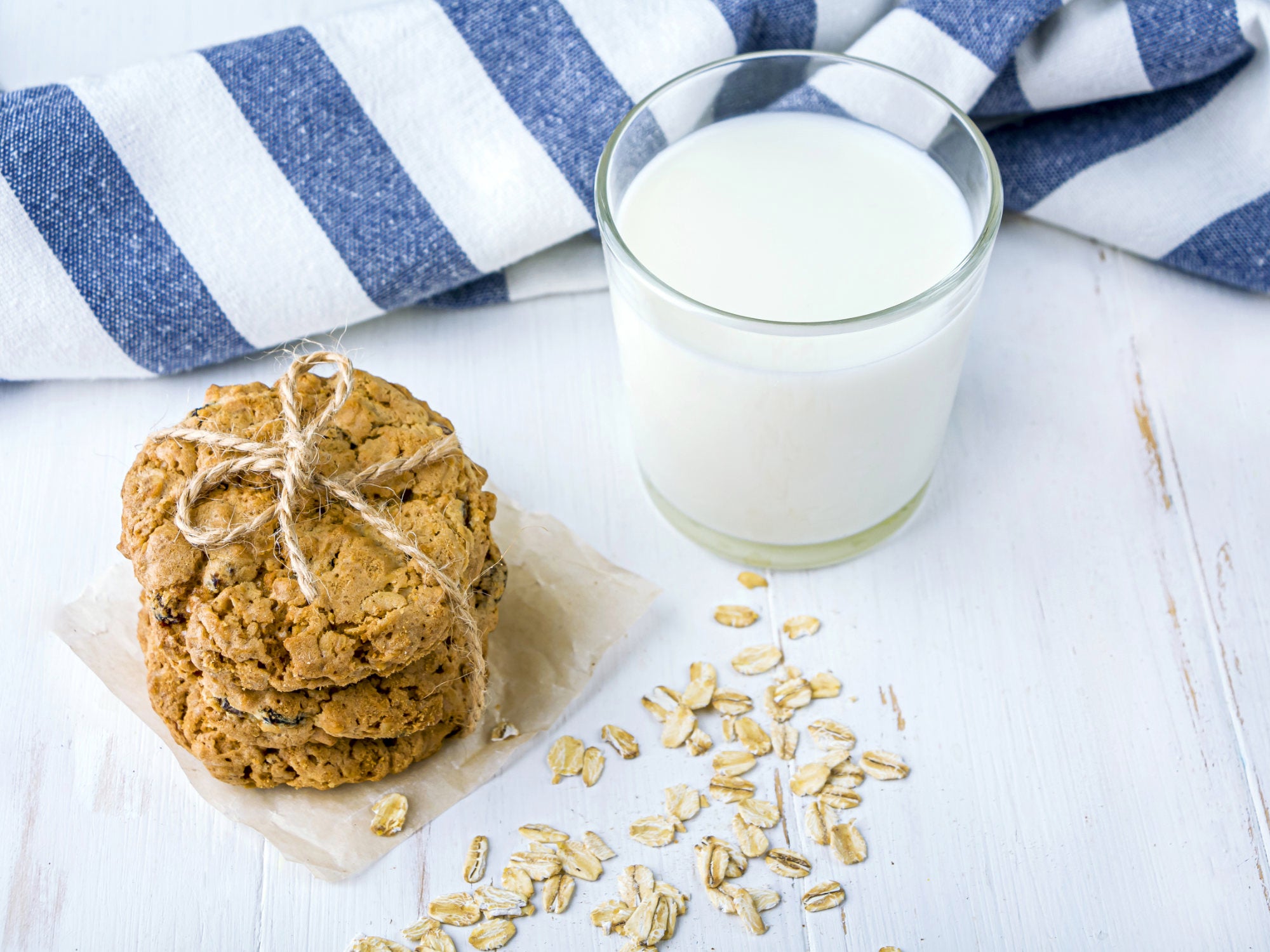Your basket is empty
Already have an account? Log in to check out faster.
Already have an account? Log in to check out faster.

Once upon a time, there was the midnight snack, which today has become – using a term very popular on social media – the pre-bedtime snack. No, we are not talking about the good old times when friends gathered for a late-night spaghetti meal: instead, it’s about a small, light, and digestible snack that many love to consume before going to bed.
Generally, eating before bed is considered inappropriate for several reasons: it would ruin the quality of sleep and add "unnecessary" calories before nighttime rest.
In reality, this is not the case for everyone: of course, it is essential not to overdo the quantities and be mindful of the types of foods consumed, but it can be an excellent habit.
This secondary meal, the last of the day, can become a little trick to avoid overeating at dinner, knowing that there will be a small snack before sleep. It can also help sleep better since many people wake up at night feeling hungry, especially if dinner is eaten quickly and is not nutritious enough.
It is beneficial in many different cases, depending on individual lifestyle habits:
If you have little time to prepare dinner and tend to eat lightly;
If you have an increased need for energy and food due to workouts;
If you work out in the evening or early morning on an empty stomach and want to "stock up" on nutrients;
For those following a low-calorie diet with frequent small meals or those with blood sugar problems;
Simply because you feel a bit peckish before bed!
If it's better to avoid heavy foods or stimulants at dinner, it's even more critical for a pre-bedtime snack. Opt for light and digestible snacks in moderate quantities, choosing those foods that can help you fall asleep more easily.
An example? The classic, traditional warm glass of milk or a plant-based beverage – perhaps oat milk, which helps you fall asleep because it naturally contains melatonin, aiding relaxation – enriched with a sweet spoonful of beneficial Manuka honey.
Or a yogurt, whether dairy or plant-based, with a spoonful of açai berry powder and some almonds: açai contains calcium, and almonds are rich in magnesium, two minerals that promote relaxation.
Natural cocoa from raw beans also contains good amounts of magnesium and can be used in hot or cold beverages or to prepare light chocolate and cream desserts, to enjoy as a treat before bed. Just be mindful of the quantity, as excess cocoa can be slightly stimulating.
In general, it's good to try to consume foods that contain tryptophan, a hormone that helps regulate the sleep-wake rhythm, found in carbohydrates, dairy products, and in small amounts, even in spirulina algae.
Better to avoid anything fatty, excessively sweet, and energizing:
No to chips and packaged snacks and no to alcohol, which can cause acidity and stomach pain;
No to large quantities of sweets and chocolate, as sugar keeps you awake;
No to coffee, tea, and energy drinks, as they risk inducing insomnia and agitation.
NIH Study on Pre-Bedtime Snacks
Veronesi Foundation on Sleep and Diet
Tantasalute on Pre-Bedtime Snacks
0 comments